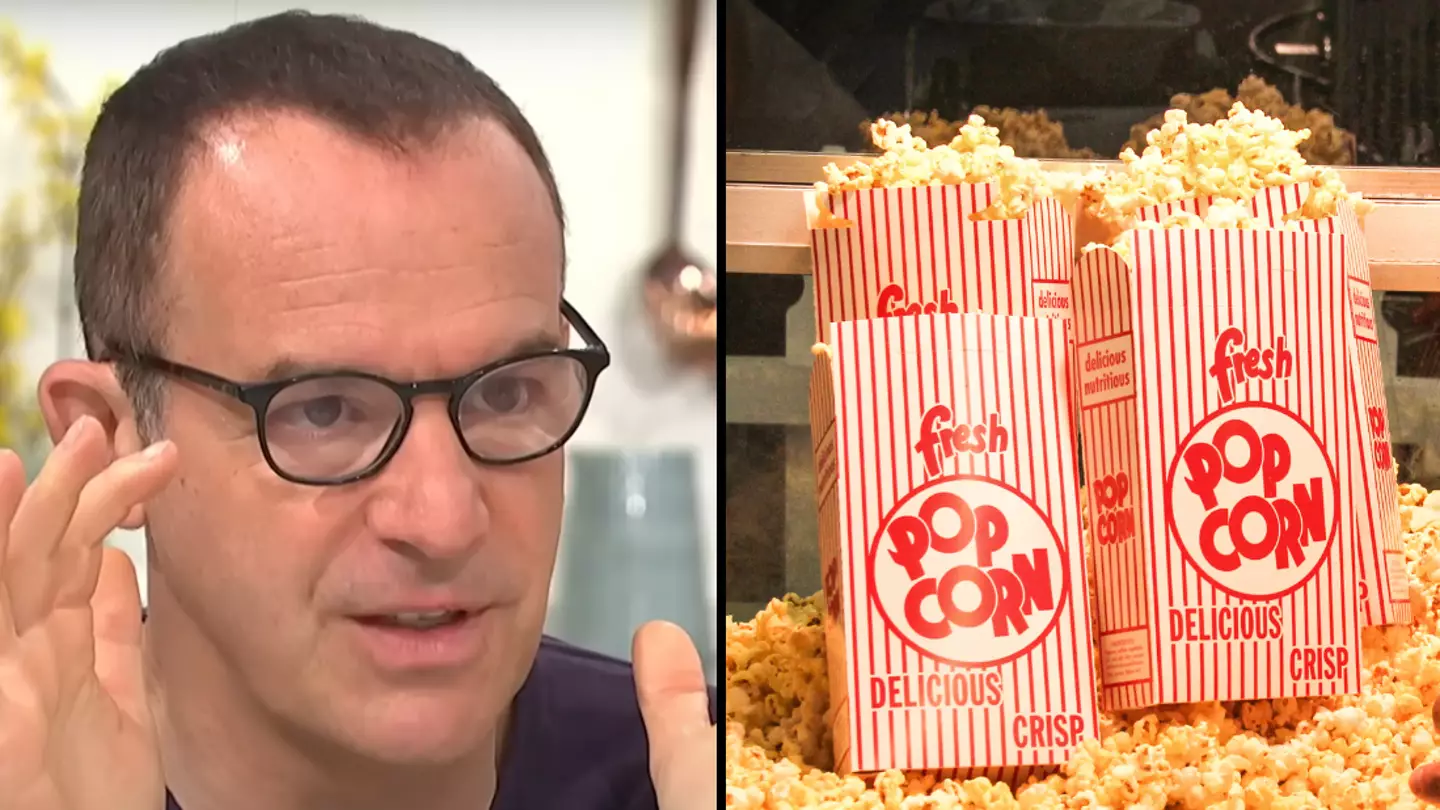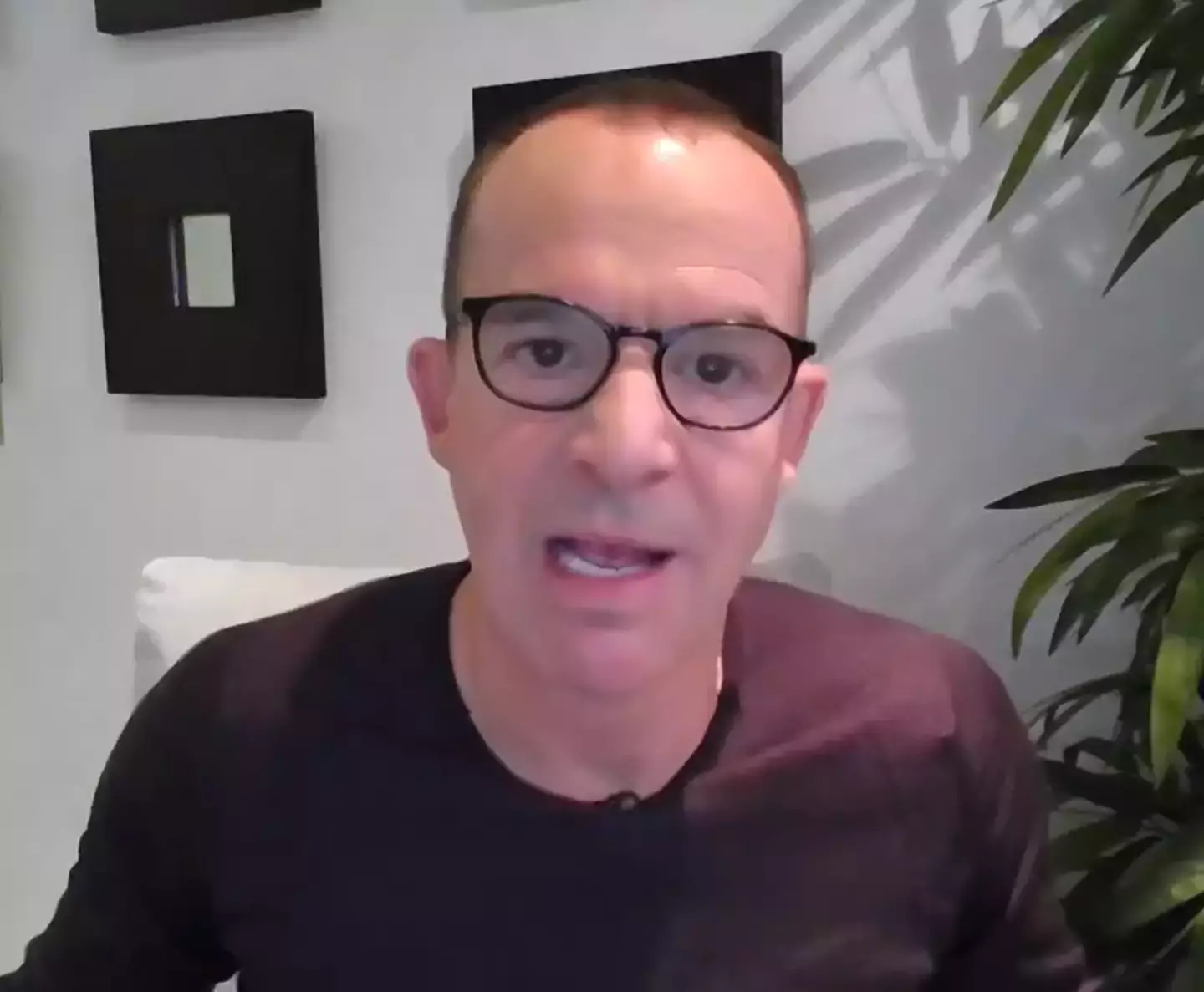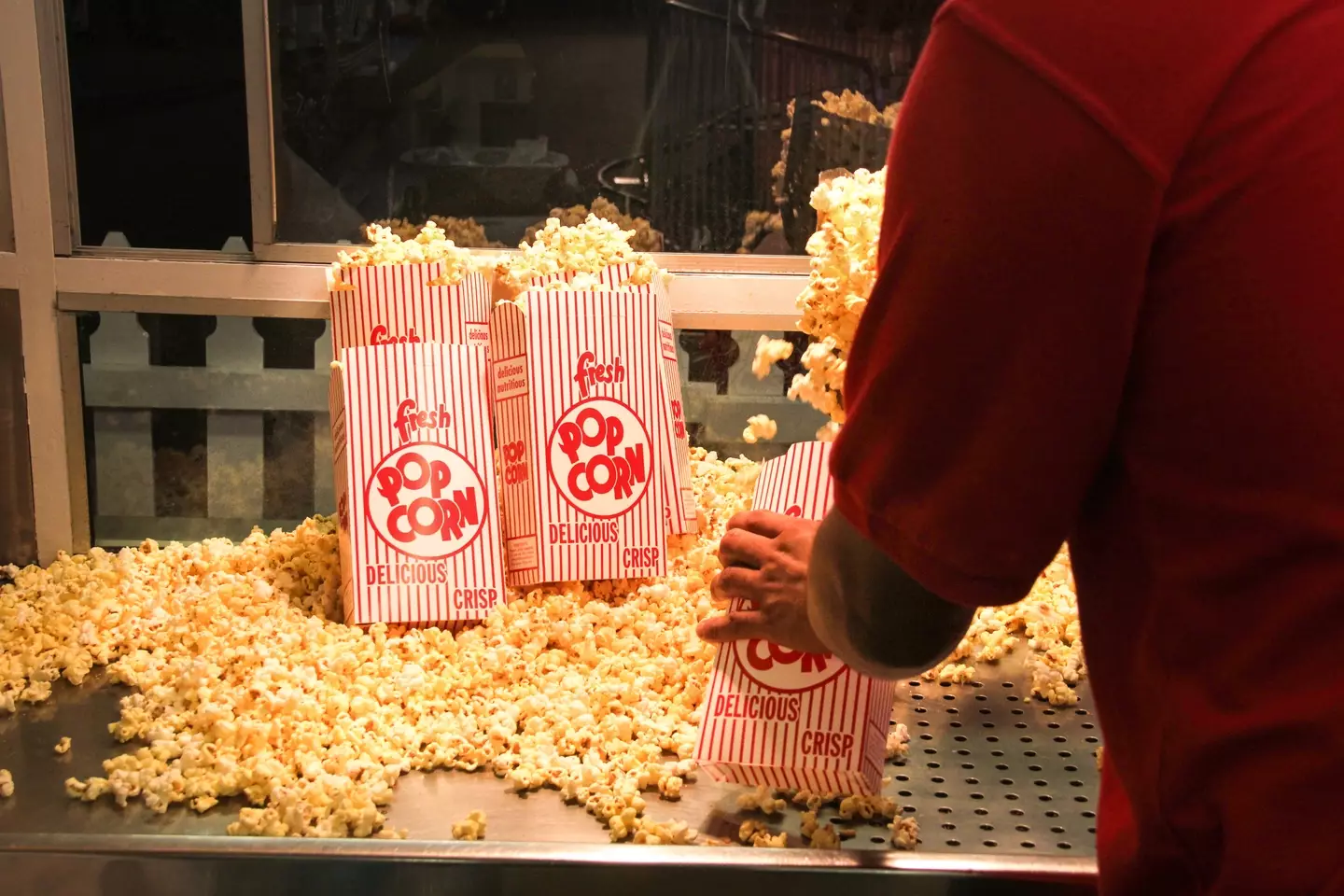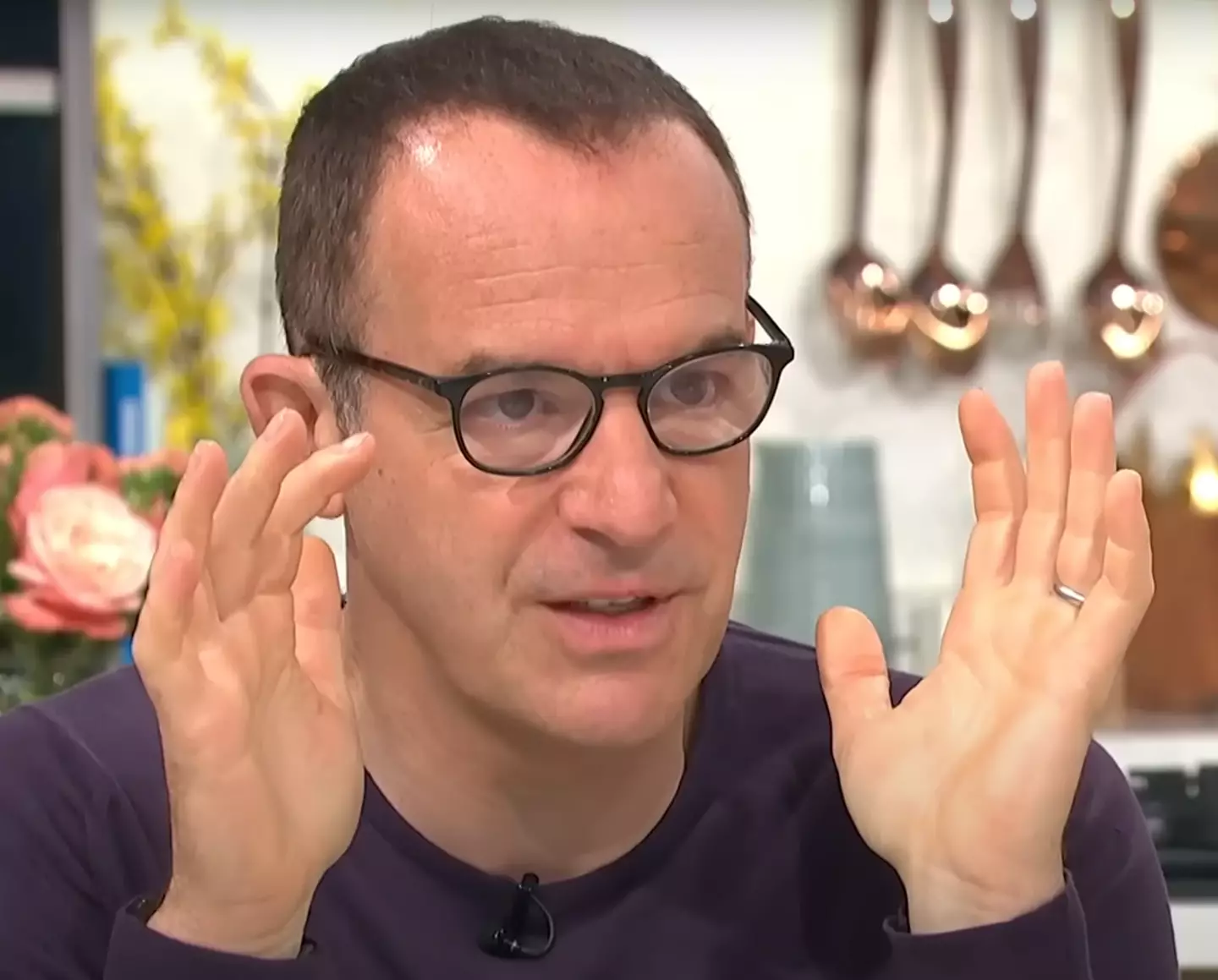
Martin Lewis warned Brits about a phenomenon known as the 'decoy effect' which, if you become victim to, will end up costing you more than you might have expected.
And it is something millions of us encounter every single day as we go through life, so it is best to be aware of what the psychological ploy is.
The problem is you don't even realise you're being played when you fall victim to it, which can leave the ego rather bruised when the realisation hits.
"Behavioural economics is a powerful science. Some retailers are undoubtedly using it to make us pay more to get less," Lewis wrote on the Money Saving Expert website.
Advert

What is the decoy effect?
It's all about manipulating your brain in to thinking you're making a conscious, free choice when buying a product.
The reality is far from that, with the blinkers put on you by the retailer guiding you towards making a more expensive purchase.
'Not me, no way,' you might be saying. But it is simply psychology that we are all vulnerable to.
Businesses do this to you by introducing a third option in your decision making process.
The science says that when we are presented with a cheap option and a more expensive choice, we will go with the one that costs us less.
Enter the third option, sandwiched between the two previous options. This will be priced in such a way that makes you think your value for money is better by going with one of the more costly choices.

Decoy effect example
Let's take popcorn at the cinema, for example. it is the go to classic example when explaining this in practice.
So, your local cinema offers you two popcorn options, a small one for £5 or large for £6.50. In such a situation, you're likely going with small.
But if they introduce a third price for a medium size at, say, £6, your brain will think there is extra value in the large option. In reality, the middle option is not designed to be bought but just lure you in to spending on the one you think is better value.
"It makes them believe that they are winning, that they are making a better buy," pricing intelligence company Minderest says.
"This is a psychological pricing strategy because its success is based on consumers' interpretation of prices, rather than on the real value of products."

Martin Lewis' decoy effect warning
Back in 2020, Lewis conducted decoy effect polls on X (then known as Twitter). He told followers he was conducting an experiment without saying what it was.
He published one poll about the price of a hypothetical TV subscription service.
Giving three pricing options, followers had the choice of paying £20 a month for access to 700 films; £15 a month for 750 films; or £10 a month for 500 films.
From this, 64 percent went for the £10 package, 33 percent the £15 package, and just three percent choosing the most expensive.
He followed this up with another poll, this time just two options - £15 a month for 750 films and £10 a month for 500 films. With this, 19 percent chose the £15 deal and 81 percent the £10 deal.

In Lewis' example, by adding a third, more expensive option that didn't seem as good value for money, almost double the number of people went with the £15 deal than in a situation where it is either just the £15 or £10 options.
"What really counts here is the impact that throwing in that dud higher price offer had on the number of people plumping for the £15 a month deal," Lewis explains.
"While many individuals still made the same choice, across the mass of people the inclusion of the decoy deal had a material impact on the total results. Nearly twice the number of people went for the £15 a month deal. My assumption is they just thought, 'That's decent value compared to the £20 one'."
Maybe think twice next time you're in such a situation.
Topics: Martin Lewis, Money, UK News, Food And Drink, Shopping, Social Media